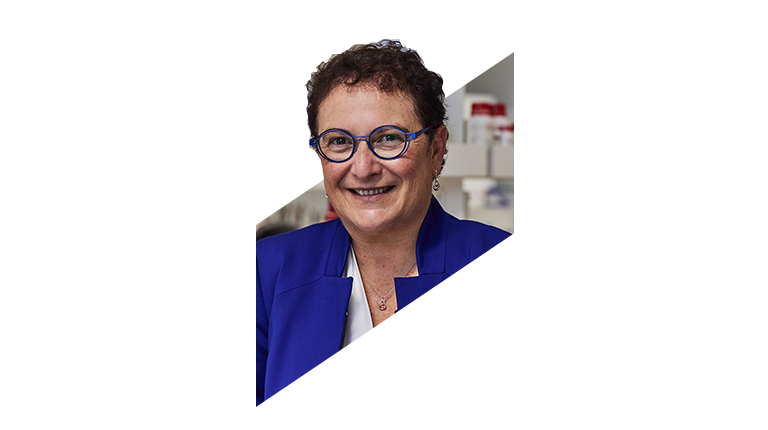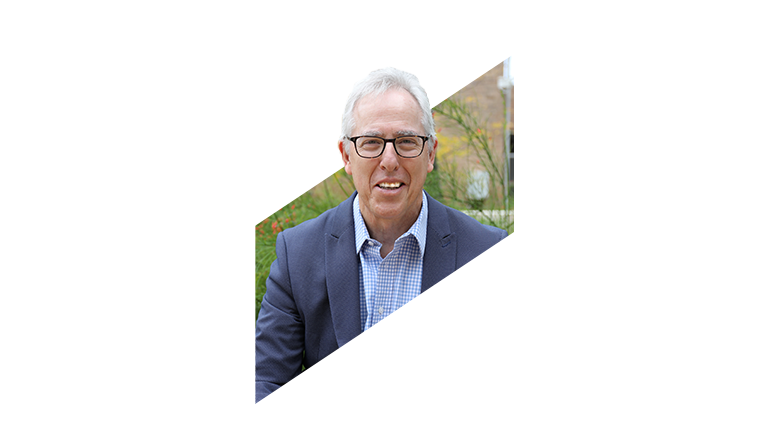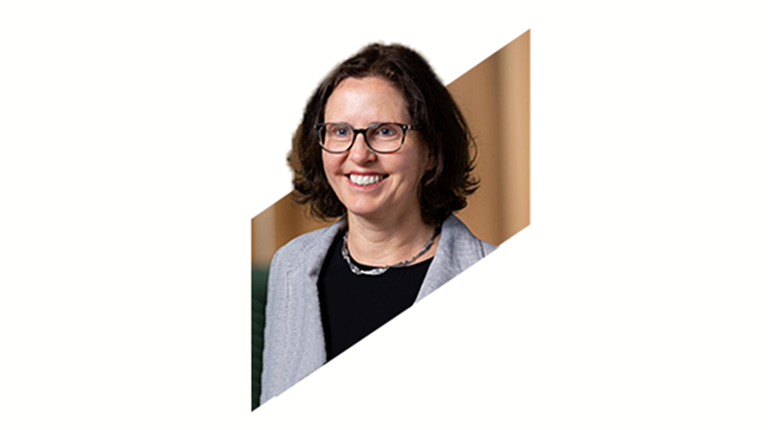Selection Committee
The CSL Centenary Fellowships are overseen by a Selection Committee, comprising both independent members and CSL representatives.

Chair - Professor Bronwyn Kingwell (CSL)
Professor Bronwyn Kingwell is Executive Director, Research Portfolio Strategy and the Therapeutic Area Lead for Cardiovascular and Metabolic Diseases at CSL Ltd and is based at the Bio21 Institute, CSL’s hub of early-stage research and translational science.
Professor Kingwell completed her PhD in Physiology at The University of Melbourne in 1991 including work in cardiovascular autonomic regulation and hypertension at The University of Michigan. Prior to joining CSL in 2019, Bronwyn had a 25+ year academic career focused on fundamental and translational aspects of cardiovascular and metabolic diseases including at Melbourne’s Alfred Hospital and Baker Heart and Diabetes Institute where she rose to an Executive Director position.
Bronwyn has also been active in national science strategy / policy and has held honorary leadership roles with government and non-for-profit organizations, as well as a variety of peak bodies and learned Academies. Awarded fellowships include those from the Australian Academy of Health and Medical Sciences where she is a current board member, the American Heart Association, and the Australian Institute of Company Directors.

Professor Maria Kavallaris
Professor Kavallaris is an innovative medical and health science leader. Their belief that approaches to cancer therapeutics and diagnostics must converge in order for disease survival rates to improve drove them to team up with leading researchers in Engineering and Science to establish the Australian Centre for NanoMedicine at UNSW Australia in 2011 where they serve as Director. Professor Kavallaris is an NHMRC Investigator at the Children’s Cancer Institute and is internationally recognised in the field of cancer biology and therapeutics; and for their advocacy work on behalf of medical research within the public, policy, and political spheres.
Professor Kavallaris has made seminal contributions to understanding the mechanisms of action and resistance to cancer therapy. Their studies have identified how some tumours can grow and spread in the body and they have applied this knowledge to develop effective and less toxic cancer therapies using nanotechnology. They have held numerous fellowships, NHMRC and ARC grant funding and they serve on key government funding panels, committees, and editorial boards. Professor Kavallaris is a member of the QIMR Berghofer Council, is co-Chair of the Australian Institute for Policy and Science and served as President of the Australian Society for Medical Research.
Named an Australian Financial Review and Westpac 100 Women of Influence, Professor Kavallaris was as also recognised in the inaugural Knowledge Nation 100. In recognition of their extensive achievements, they won the 2017 NSW Premier's Science and Engineering Prize for Leadership in Innovation, the 2019 UTS Chancellor’s Award for Excellence and UTS Alumni Award for Excellence for the Faculty of Science, as well as the 2019 Lemberg Medal from the Australian Society for Biochemistry and Molecular Biology. Professor Kavallaris was named the 2020 NSW Premier's Woman of the Year - an award that recognises women who are exceptional achievers and who have made a significant contribution to NSW and their accomplishments make them a strong role model for other women. Contributions to innovation are further recognized by the 2021 ANSTO Eureka Prize for Innovative Use of Technology. In 2022, Professor Kavallaris received the Presidential Medal for outstanding contributions to cancer research and the broader community from the Republic of Cyprus. In 2023, she received the Royal Society of New South Wales Walter Burfitt Award.
Professor Kavallaris was appointed a Member of the Order of Australia for her significant service to medicine and medical research in the field of childhood and adult cancers.

Professor Sarah-Jane Dawson
Professor Sarah-Jane Dawson is a clinician-scientist focused on translational
cancer research. She is co-lead of the Cancer Therapeutics Program and head of
the Molecular Biomarkers and Translational Genomics Laboratory at the Peter
MacCallum Cancer Centre in Melbourne Australia. Professor Dawson also holds
a joint appointment with the Centre of Cancer Research at The University of
Melbourne. She is a fellow of the Australian Academy of Health and Medical
Sciences and was recipient of the Jian Zhou Medal in recognition of translational
medical science in 2020. Professor Dawson was a recipient of the CSL
Centenary Fellowship (2018-2022) and currently holds an NHMRC Leadership
Fellowship.
Professor Dawson is internationally recognized as a leading clinician-scientist in
the field of circulating tumour DNA research. Over the last decade her research
team has pioneered ‘liquid biopsy’ approaches to capture and analyse circulating
tumour DNA as an innovative and dynamic platform for both genomic profiling and
monitoring of therapeutic response in solid and haematological malignancies. Her
research program centres on the ongoing development of non-invasive blood based
biomarkers for clinical application, including early detection, risk
stratification and disease monitoring in cancer management to improve patient
outcomes.

Professor Peter Leedman
Peter Leedman is the Director / CEO of the Harry Perkins Institute of Medical Research (Perkins) and a Professor of Medicine at The University of Western Australia (UWA).
He graduated in Medicine from UWA then undertook specialist training in Endocrinology at Royal Melbourne Hospital in the 90s. He completed PhD studies at the Walter and Eliza Hall Institute of Medical Research and post-doctoral studies at Harvard Medical School, before returning to Perth.
He is internationally recognised for his RNA-based research on hormone-dependent cancers (breast and prostate) and more lately on poor prognostic tumours (liver and head and neck cancer). His team is developing new microRNA-based therapies for these solid tumours that they are translating towards the bedside. He is passionate about driving the Perkins to become a global Centre of Excellence, known for its innovative and collaborative approaches to solving some of the more challenging questions in medicine.
Peter Leedman is a Fellow of the Australian Academy of Health and Medical Sciences (FAHMS), a Graduate of the Australian Institute of Company Director's (GAICD), Director and Past-Chairman of the Perkins’ early phase clinical trials facility called Linear Clinical Research Ltd and co-founder of miReven, a biotech company focused on developing a novel way to treat liver cancer with micro RNAs.

Dr. Anne Verhagen (CSL)
Dr. Anne Verhagen is a Senior Director at CSL Research, and head of Biochemistry, with over fourteen years of industry experience in developing recombinant protein therapeutics from discovery to lead candidate selection. She earned her Ph.D. from the University of Melbourne in 1994 and completed post-doctoral studies as an NHMRC C.J. Martin fellow at the German Cancer Research Centre and WEHI in Melbourne, where she later became an ARC QEII fellow and faculty member. Her 30+ years of medical research in industry and academia has spanned multiple fields including cell biology, immunology, cellular biochemistry, haematopoiesis and hematology.


